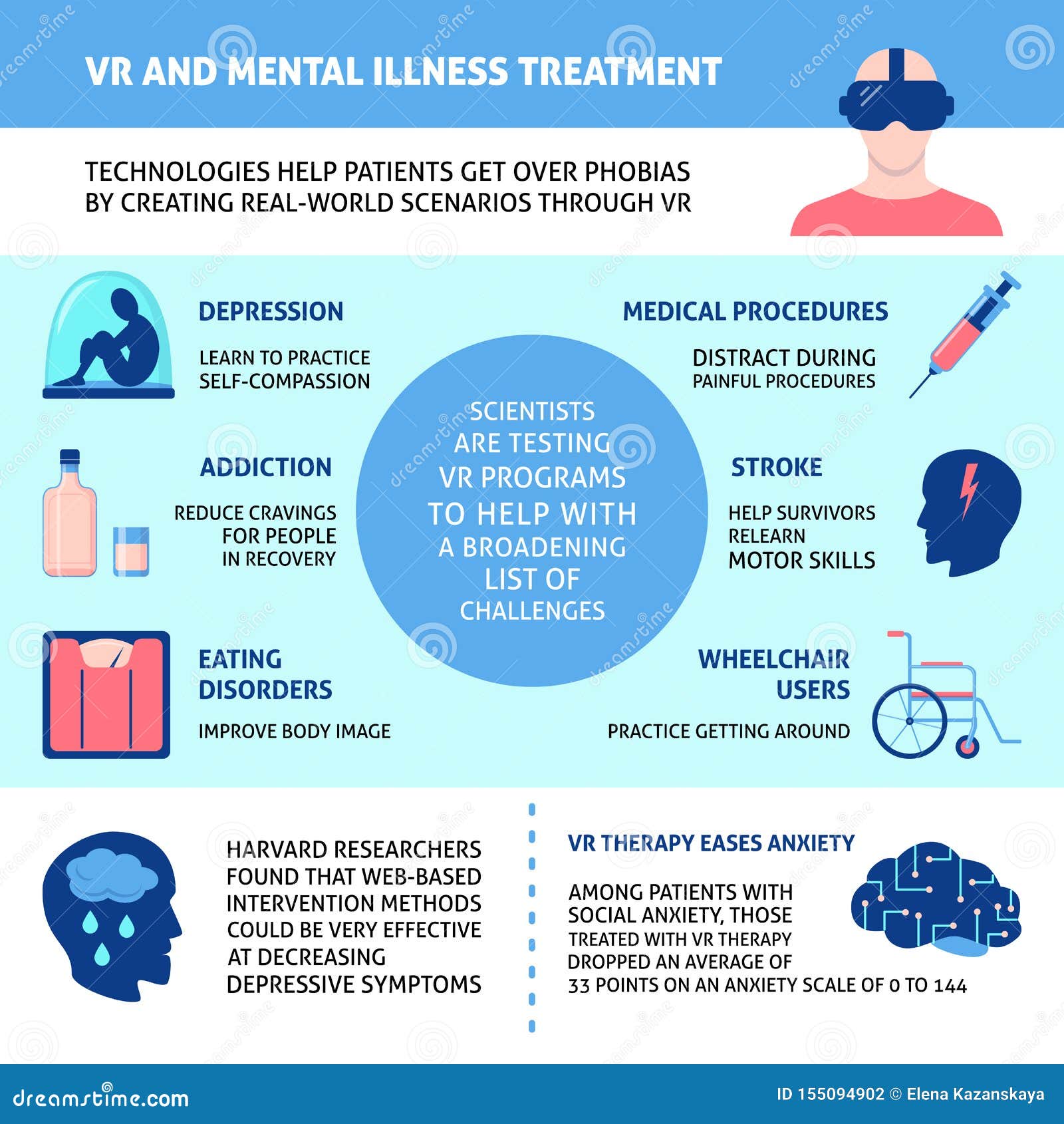Mental health is a vital aspect of overall health, but it has been a topic that has been stigmatized for far too long. However, as we progress technologically, the way we approach mental health is changing. The use of technology in mental health treatment is allowing people to access treatment more easily, get personalized care, and monitor their progress more effectively. Here, we will explore the role of technology in the future of mental health treatment.
Rise of Online Therapy
Online therapy has been on the rise in recent years, and it is only getting more popular. The convenience of being able to attend therapy sessions without leaving your home is a game-changer for many people. Online therapy offers a range of benefits, including anonymity, greater access to therapists, and the ability to schedule appointments outside of traditional office hours. It’s also more affordable than traditional therapy sessions. According to the American Psychological Association, online therapy is just as effective as in-person therapy, making it an excellent option for those seeking mental health treatment.
 Source: bing.com
Source: bing.comArtificial Intelligence for Diagnosis and Treatment
Artificial intelligence (AI) is already being used in many areas of healthcare, and mental health is no exception. AI can help diagnose mental health conditions by analyzing data from patient responses to questionnaires, speech patterns, and facial expressions. It can also help personalize treatment plans by predicting which treatments are most likely to be effective for a particular patient. AI-powered chatbots are also becoming more common, providing users with immediate support and counseling. AI has the potential to revolutionize the way we approach mental health treatment by providing more personalized and effective care.
 Source: bing.com
Source: bing.comVirtual Reality Therapy
Virtual reality (VR) therapy is a relatively new technology that has been gaining traction in recent years. VR therapy involves using a headset to immerse patients in a virtual environment where they can confront their fears and anxieties in a controlled setting. For example, someone with a fear of heights could use VR therapy to simulate being in a high place, gradually increasing the intensity of the simulation as they become more comfortable. VR therapy has been found to be effective in treating a range of mental health conditions, including post-traumatic stress disorder (PTSD) and anxiety disorders.
 Source: bing.com
Source: bing.comMobile Apps for Mental Health Support
Mobile apps are becoming increasingly prevalent in the mental health space. There are apps available for everything from mindfulness meditation to tracking your mood. These apps can be a useful tool for people who need support but are not ready to seek professional help. They can also be used in conjunction with therapy to provide additional support between sessions. Some apps even use AI to provide personalized recommendations based on the user’s data. While mobile apps are not a substitute for professional treatment, they can be a helpful supplement to traditional therapy.
 Source: bing.com
Source: bing.comRemote Monitoring and Telemedicine
Remote monitoring and telemedicine are technologies that allow healthcare providers to monitor patients’ health remotely. These technologies are particularly helpful for people with chronic conditions who need to be monitored regularly. In the mental health space, remote monitoring and telemedicine can be used to track patients’ progress, adjust medication dosages, and provide ongoing support. Telemedicine also allows people who live in remote areas or who cannot leave their homes to receive mental health treatment.
 Source: bing.com
Source: bing.comThe Importance of Data Privacy
As we rely more on technology in mental health treatment, it’s important to consider data privacy. Patients need to be assured that their data is secure and will not be shared without their consent. Healthcare providers must comply with HIPAA regulations to ensure that patient data remains confidential. Additionally, patients must be informed of the potential risks and benefits of using technology in mental health treatment and given the option to opt-out if they choose. As technology continues to advance, it’s essential to prioritize patient privacy and trust.
 Source: bing.com
Source: bing.comConclusion
The role of technology in mental health treatment is growing, and it’s exciting to see the positive impact it can have on people’s lives. From online therapy to virtual reality therapy, there are more options than ever for people seeking mental health treatment. However, it’s important to remember that technology should be used as a supplement to traditional therapy, not a replacement for it. Additionally, patient privacy must be a top priority as we continue to rely more on technology. With this in mind, technology has the potential to revolutionize mental health treatment and make it more accessible and effective than ever before.
Related video of The Future of Mental Health: The Role of Technology in Treatment
DAFTAR ISI
 Majalah Pulsa Kumpulan Berita dan Informasi Seputar Teknologi
Majalah Pulsa Kumpulan Berita dan Informasi Seputar Teknologi


